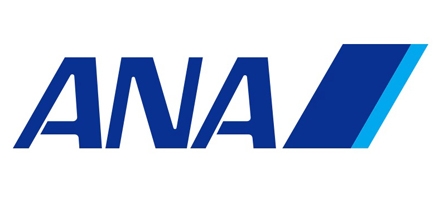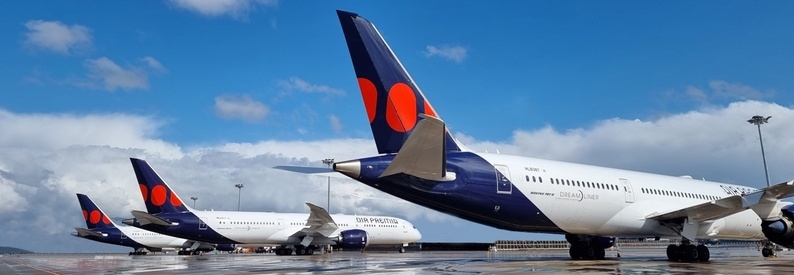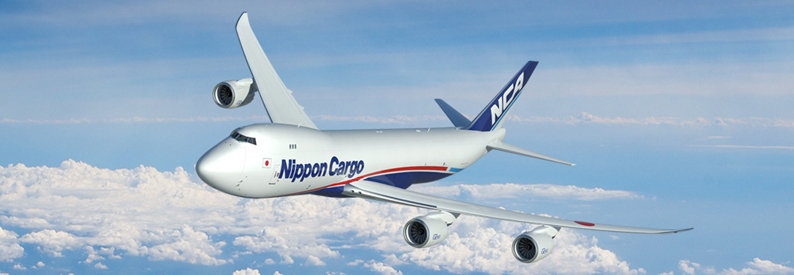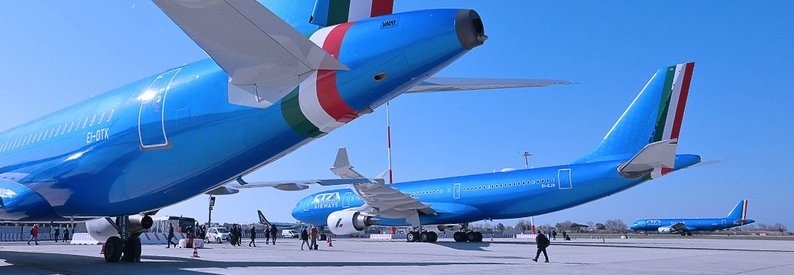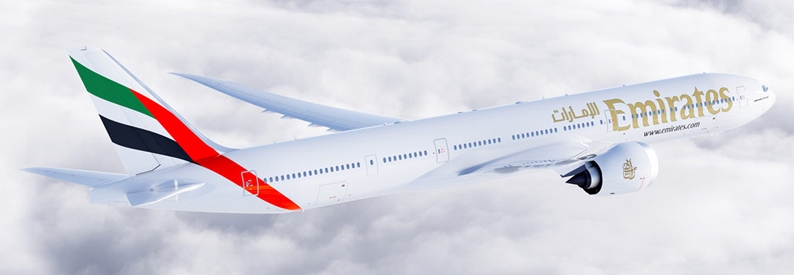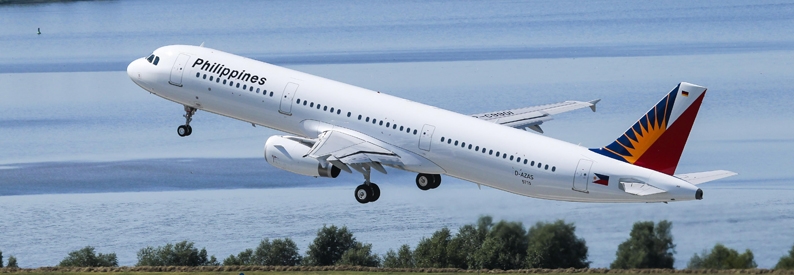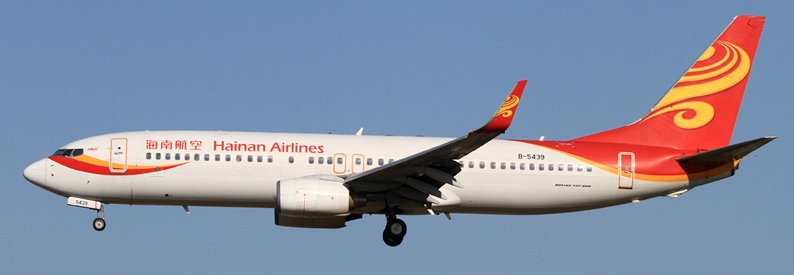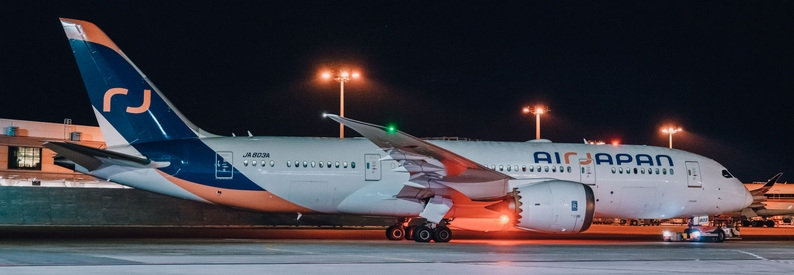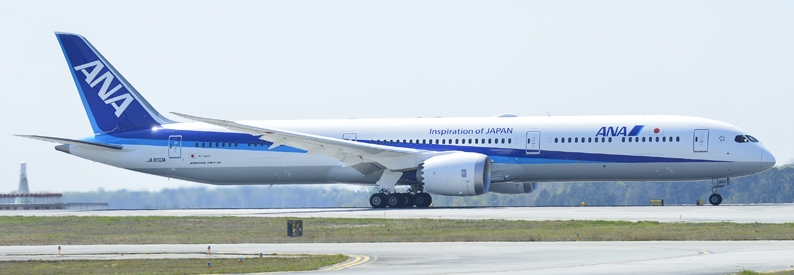Japanese airlines could receive further state aid totalling JPY70 billion yen (USD616 million) during the 2022 fiscal year starting in April to help them through the ongoing coronavirus pandemic, the Jiji Press news agency reported on December 9 citing “informed sources”.
The government will provide the assistance by easing the burden of airport usage fees, which will make up JPY51 billion (USD449 million) of the total, such as cutting landing charges for domestic flights by 60% instead of 90% at present. The rest will come in the form of reducing Japan’s aviation fuel tax.
The extended state aid is being considered, the sources said, as the government deems it important for the country’s interests to maintain aviation networks.
However, the proposed aid is a reduction from the JPY120 billion (USD1.06 billion) being provided during the current financial year, as domestic passenger traffic has been showing signs of recovery.
On the evening of the same day as this report, Deputy Chief Cabinet Secretary Yoshihiko Isozaki confirmed in a news conference that the Japanese government was coordinating measures to reduce fuel taxes and airport charges as support measures for airlines.
“The aviation network supports the socio-economic activities of the people and is indispensable infrastructure for the realisation of economic growth,” he said according to Reuters’ Tokyo desk. “We are currently coordinating measures such as reducing aircraft fuel taxes and reducing or exempting airport charges in 2022 so that we can support the maintenance of the aviation network and future capital investment.”
As previously reported, Japanese passenger carriers such as ANA - All Nippon Airways (NH, Tokyo Haneda) have been suffering from the prolonged slump in passenger demand brought on by the pandemic.
In related news, Japan’s transport ministry revealed on December 10 that it was working with local carriers to replace 10% of conventional jet fuel with sustainable aviation fuels (SAFs) by 2030, Jiji Press reported. It was the first time the ministry had set a specific target date for the introduction of SAFs, including plant-based fuels.
